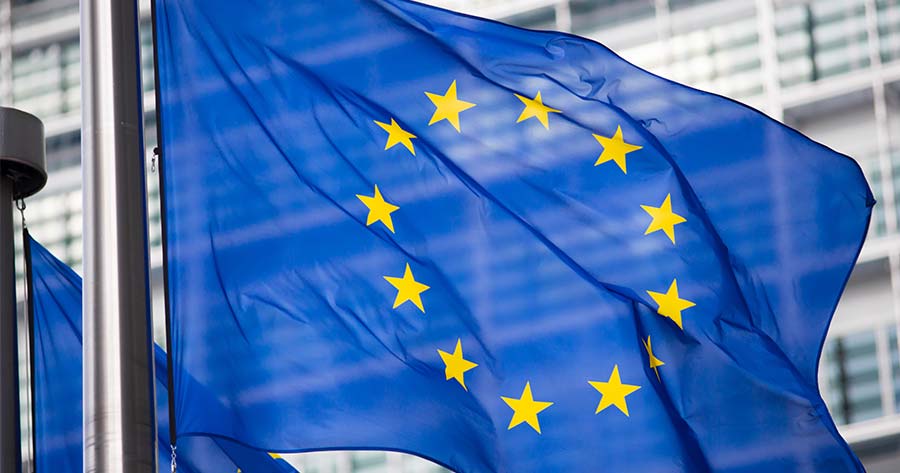The European Union is preparing plans to halt new gas agreements with Russia by the end of this year and to terminate all existing supply contracts by 2027, according to EU officials familiar with the discussions.
This move marks a significant acceleration in the bloc’s efforts to cut energy ties that have persisted for decades, following Moscow’s 2022 full-scale invasion of Ukraine.
While the EU previously established a non-binding pledge to end all Russian fossil fuel imports by 2027, Tuesday’s expected legal proposal would make that objective binding where gas and liquefied natural gas (LNG) are concerned.
The plan would effectively prohibit new deals for Russian gas and, crucially, create a legal path to phase out ongoing contracts, officials said. The draft legislation will require approval by both the European Parliament and a reinforced majority of EU member states—a threshold more attainable than full unanimity but still challenging amidst differing national interests.
Resistance from countries such as Slovakia and Hungary, which rely heavily on Russian pipeline supply and warn of energy price spikes, has previously thwarted attempts to sanction Russian gas.
While the EU has imposed sanctions on Russian coal and most oil shipments, it has yet to reach a consensus on gas, as these would normally require support from all 27 member nations.
Despite a drastic reduction in Russian gas imports—now accounting for about 19% of EU consumption compared with roughly 40% before the Ukraine invasion—European utility companies remain locked into long-term “take-or-pay” supply deals with Gazprom.
These contracts obligate buyers to pay for contracted gas, even if they refuse delivery, complicating any unilateral phaseout and exposing buyers to possible financial penalties or arbitration proceedings should they attempt to break the agreements.
The Commission has been exploring legal mechanisms to ease these exit conditions but faces legal complexities; invoking force majeure is seen as a difficult argument under international contract law.
Spot purchases of Russian LNG, which fall outside of long-term contracts, made up 31% of Europe’s Russian LNG imports last year, indicating growing reliance on flexible, market-based sourcing even amid efforts to curtail Russian supplies.
As part of its broader strategy, the EU is pursuing deeper energy ties with the United States, particularly for LNG—a development encouraged by President Donald Trump, who has pressed Europe to increase American imports in the interest of balancing transatlantic trade.
Commission officials stress that any measures to restrict Russian energy must minimize repercussions for European economies and energy consumers, aiming to inflict greater harm on Moscow than on the EU.
The EU also remains attentive to the possibility of geopolitical shifts, such as a potential peace agreement in Ukraine, which could eventually prompt a reassessment of its energy sanctions and supply strategy.
The European Commission had originally planned to outline its roadmap for the Russian gas exit in March but delayed publication due to policy and legal uncertainties and ongoing diplomatic calculations.





